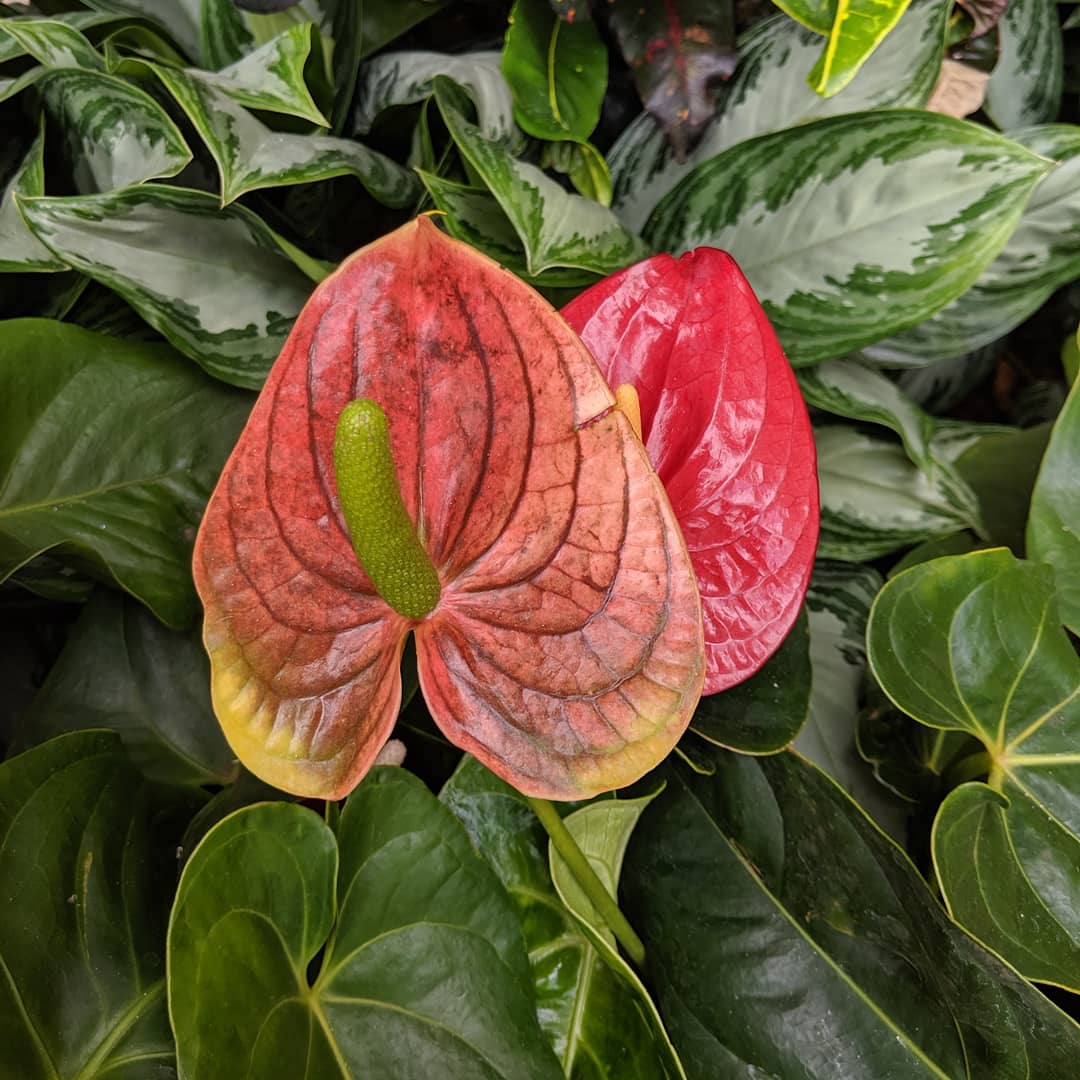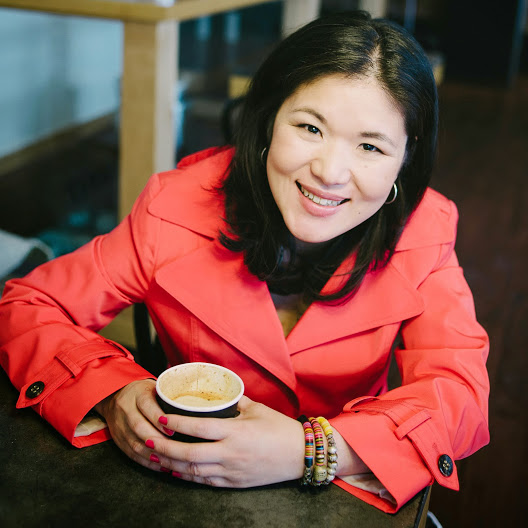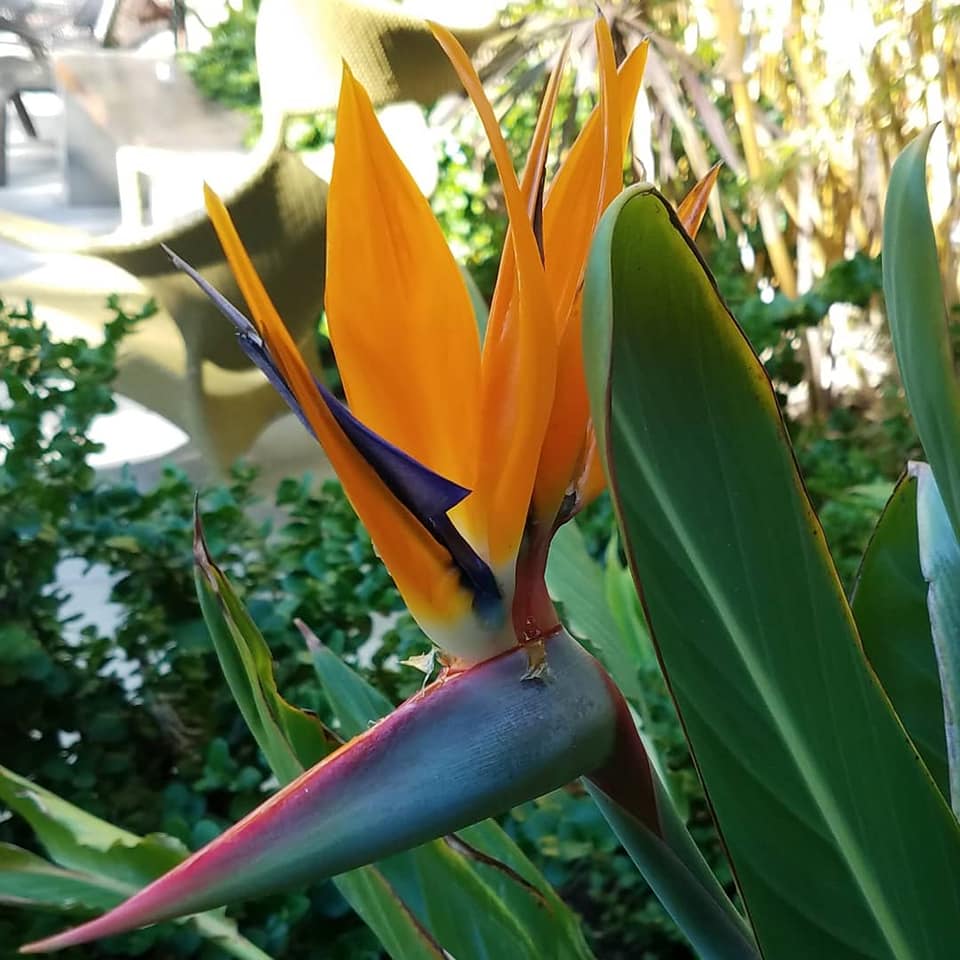Dear Lady Gaga,
I’m writing this open letter to you with a lump in my throat and misty eyes because I just watched the part of your interview with Oprah when you spoke about your mental health journey.
Before I finished high school (in the 1990s) I was diagnosed with P.T.S.D. by a psychologist. Although, I did not experience sexual trauma, I still endured the harsh symptoms of P.T.S.D. At times, parts of the trauma would leak out into my school life, and I would turn pale trying to explain away my idle chatter. Fortunately, I was able to obtain some professional help, but I shall never forget how the trauma pruned away my inner core.
Upon my high school graduation, I completed both undergraduate and graduate school programs focusing on mental health. And in 2007, when I was 33 my husband died (untimely) due to advanced adrenal cancer. I felt extremely depressed. Suddenly, I was alone both literally and figuratively, trying to turn over a loss into something meaningful.
And the pain was beyond startling. Although, I had a master’s degree in social work, I still found myself in my primary care doctor’s office where I was quickly prescribed an antidepressant. I went there because the wait to see a psychiatrist for an initial consultation was six weeks. I felt like my life was on fire; I couldn’t wait six weeks.
I often wonder how things would be different had the wait for a psychiatrist been shorter. I wonder if the strain and darkness would have ended sooner. I wonder how many others can relate to you.
I know we often clamor to things and people who give us hope. And in my profession (as a licensed mental health professional and self- help author), we’re often skeptical about famous people making promises to do things for the mental health community. However, your presence isn’t ordinary. And what you spoke about are things we all care about. We care about functioning well, living more creatively, embracing goodness, sharing therapy modalities, and “putting shame in a box”.
And the questions you ask about the best ways to understand the brain and mental health makes us realize it is reckless not to do more. Your interview confirms that radical acceptance attunes us to our own capacity for evolution.
Sometimes it is easier to be skeptical and passive when it comes to mental health research, but your questions are OUR questions.

Thank you again for being so brave in sharing your story and furthering the work of mental health research and removing the stain that mental health can carry.
In Gratitude,
Kristin A. Meekhof, LMSW


